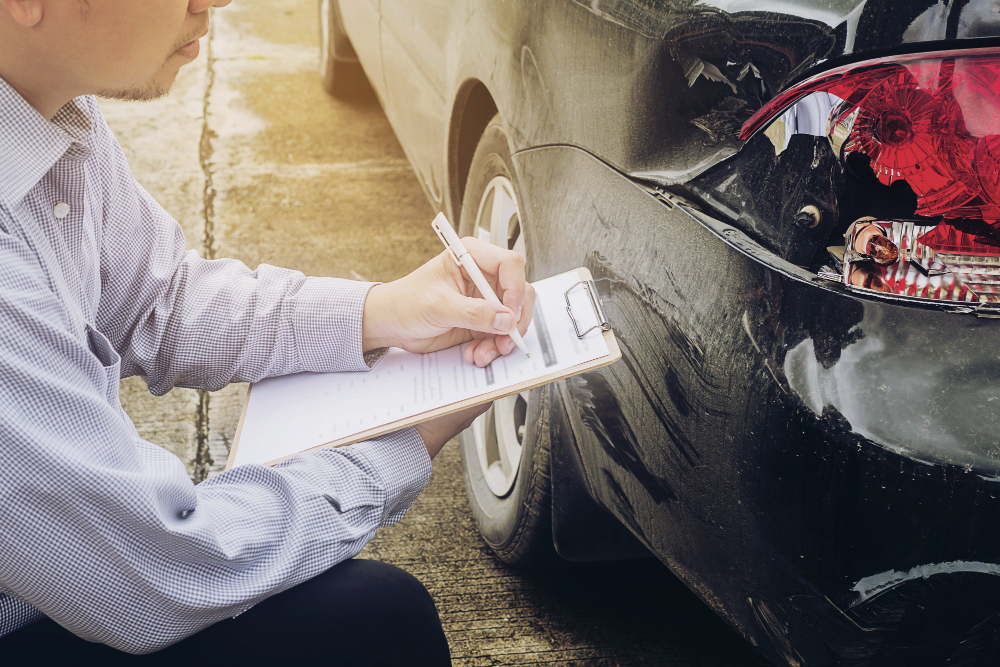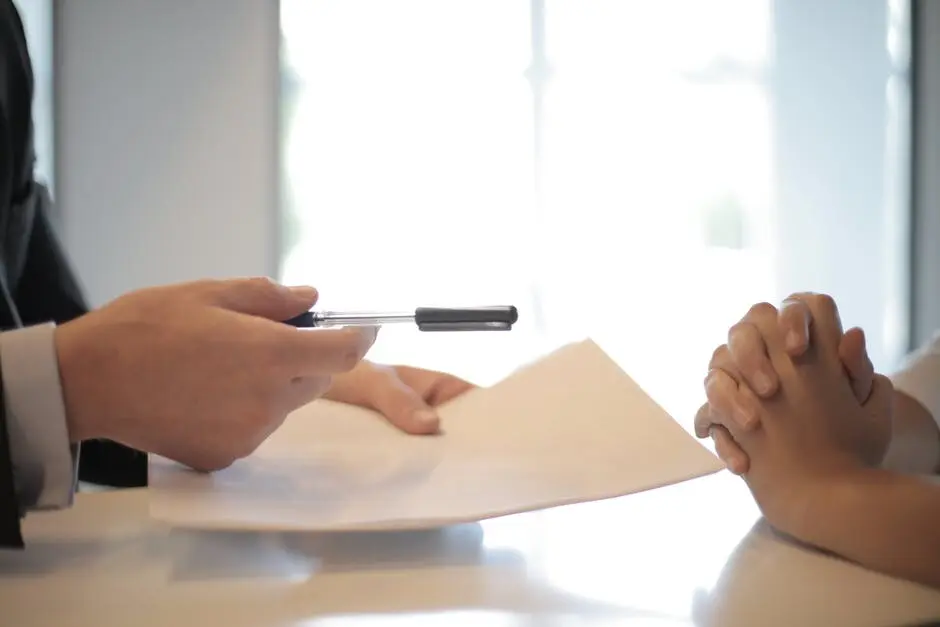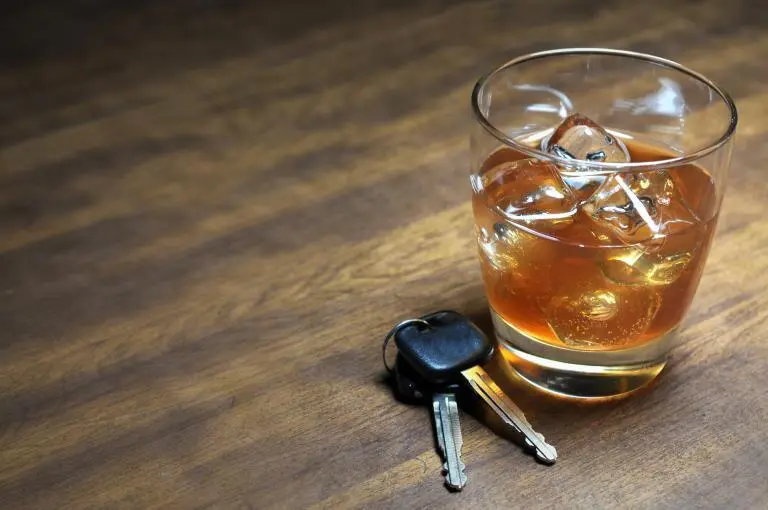Learn about the medical conditions that can cause breathalyzers to produce false positives.
Most people consider breathalyzer results infallible. However, it’s important to know that it’s possible for breathalyzers to produce false positives for a variety of reasons. For instance, the device can malfunction, the test can be administered incorrectly, or a medical condition could generate inaccurate results. Curious to learn more about the medical conditions that can create a false positive? Here’s what you need to know.
- Auto-Brewery Syndrome
Auto-brewery syndrome is a rare metabolic disorder that causes the bacteria in your body to create alcohol. If you have this condition, then certain foods can be processed into ethanol during digestion. During a breathalyzer test, these individuals can test positive. While the individual may not have had anything to drink, it’s important to note that this syndrome can lead to driving impairment.
- Untreated Diabetes
When a person has untreated diabetes, they are more likely to fail a breathalyzer test. This is because the diabetic might have so much sugar in their blood that it triggers a condition known as ketoacidosis. As a side effect of ketoacidosis, the body produces acetone. While acetone is not intoxicating, it can create a false positive because it is chemically similar to alcohol.
- Gastroesophageal-Reflux Disease
Gastroesophageal-reflux disease (GERD) occurs when stomach acid flows into the esophagus. This condition causes discomfort and an increase in alcohol in the mouth. During a breathalyzer test, its possible for the individual to receive a false positive due to this increased alcohol production.
While admittedly unlikely, these are some of the medical conditions that can cause breathalyzers to produce false positives. Have you been convicted of a DUI and need the right FR44 insurance? If so, then contact the experts at Staybull Insurance. We are ready to assist you with your FR44 filing today.





